Your bones are the unsung heroes of your body, quietly supporting every move you make. But as we age, they can weaken, raising the risk of fractures and conditions like osteoporosis. The good news? You can fight back with the right nutrients.
In this 2025 guide, we’ll dive into the eight essential bone-supporting vitamins and minerals, explore why bone health declines, and review the top supplements to keep your skeleton strong. Let’s get started!
Why Bone Health Declines With Age
Bones aren’t static—they’re living tissues that constantly remodel. Your body breaks down old bone and builds new bone to keep them strong. But after age 30, this balance tips, and you start losing more bone than you gain. Let’s break it down.
How Bones Lose Density After 30
By your mid-30s, bone density peaks, and then it’s a slow decline. The cells that build bone (osteoblasts) become less active, while those that break it down (osteoclasts) keep going strong. This leads to thinner, weaker bones over time. Poor diet, lack of exercise, and low nutrient absorption can speed up this process. Studies show that adults lose about 0.5–1% of bone mass per year after age 40, with women facing a steeper drop post-menopause.
The Menopause Connection (Estrogen Drop)
For women, menopause is a game-changer for bone health. Estrogen, a hormone that helps preserve calcium in bones, plummets during menopause, disrupting the bone-building process. Research highlights that women can lose up to 20% of their bone density in the five to seven years after menopause. This is why postmenopausal women are at higher risk for osteoporosis and fractures.
8 Essential Bone-Supporting Nutrients
To keep your bones strong, you need a team of nutrients working together. Here are the eight must-haves, backed by science and user reviews, along with tips on how to get them.
1. Vitamin D3 (Dosage: 2,000–5,000 IU)
Why It Matters: Vitamin D3 (cholecalciferol) is the MVP of bone health. It helps your body absorb calcium from your gut and deposit it into your bones. Without enough D3, even a calcium-rich diet won’t do much good. Low levels are linked to weaker bones and higher fracture risk.
How to Get It: Sunlight is a natural source, but many people don’t get enough, especially in winter or northern climates. Supplements are a reliable option. Experts recommend 2,000–5,000 IU daily, depending on your needs, but check with your doctor to avoid overdoing it, as D3 is fat-soluble and can build up.
Reviews: Users love Nature Made Vitamin D3 for its affordability and effectiveness. One Amazon reviewer said, “I noticed stronger nails and better energy after a month!” However, some note the pills can be large, so consider softgels if swallowing is an issue.
2. Calcium (Types: Citrate vs. Carbonate)
Why It Matters: Calcium is the building block of bones, making up about 99% of their structure. It provides strength and rigidity. Most adults need 1,000–1,200 mg daily, but many don’t get enough through diet alone.
Citrate vs. Carbonate: Calcium citrate is better absorbed, especially for older adults or those on acid-reducing meds, and it’s gentler on the stomach. Calcium carbonate is cheaper but needs stomach acid to break down, so take it with food.
How to Get It: Dairy, leafy greens, and fortified foods are great sources. Supplements like Theralogix TheraCal (1,000 mg calcium citrate) are popular for their bioavailability.
Reviews: Theralogix TheraCal gets high marks for being non-constipating, a common issue with calcium supplements. “No digestive issues, and my doctor says my bone density is improving,” shared a user on Amazon.
3. Vitamin K2 (MK-7 Form)
Why It Matters: Vitamin K2 (specifically MK-7) directs calcium to your bones and away from arteries, preventing calcification. It activates proteins like osteocalcin, which bind calcium to bone tissue. Studies show K2 can boost bone density in postmenopausal women.
How to Get It: Fermented foods like natto are rich in K2, but supplements are more practical for most. Look for 50–100 mcg of MK-7 daily. Caution: If you’re on blood thinners like warfarin, consult your doctor, as K2 affects clotting.
Reviews: Thorne Advanced Bone Support, which includes K2, is praised for its comprehensive formula. “I feel like my joints are less stiff,” said a reviewer, though some wish the capsules were smaller.
4. Magnesium
Why It Matters: About 60% of your body’s magnesium is stored in your bones, where it helps regulate calcium flow and supports bone formation. It also activates vitamin D, making it a key player. Deficiency is common, especially in women.
How to Get It: Nuts, seeds, and whole grains are good sources, but supplements like Pure Encapsulations Magnesium Glycinate (100–200 mg daily) are highly absorbable and gentle.
Reviews: Pure Encapsulations is a favorite for its allergen-free, vegan formula. “It’s helped my muscle cramps and sleep, plus I trust the brand’s quality,” said a user on Amazon.
5. Zinc
Why It Matters: Zinc supports bone formation by aiding osteoblast activity and collagen production. It’s especially important for vegans, who may not get enough from diet alone. Aim for 8–11 mg daily, but don’t overdo it, as excess zinc can harm bones.
How to Get It: Meat, shellfish, and beans are zinc-rich, but supplements like Thorne Zinc Picolinate (15–30 mg) are NSF-certified for purity.
Reviews: Thorne’s Zinc Picolinate is lauded for its clean ingredients. “I’ve noticed stronger hair and nails, and it’s easy on my stomach,” a reviewer noted.
6. Boron
Why It Matters: Boron is a trace mineral that extends vitamin D’s half-life and reduces calcium and magnesium loss in urine. Studies suggest 3 mg daily can lower fracture risk in postmenopausal women.
How to Get It: Fruits like apples and avocados have boron, but supplements are common in bone health blends like Theralogix TheraCal.
Reviews: Users of TheraCal appreciate the boron inclusion. “It’s a one-stop shop for bone nutrients,” said a customer, though some find the four-tablet dose inconvenient.
7. Soy Isoflavones
Why It Matters: Soy isoflavones mimic estrogen, helping to slow bone loss in postmenopausal women. They’re not a replacement for hormone therapy but can support bone density. There’s no set dose, so aim for moderate intake via food or supplements.
How to Get It: Edamame, tofu, or NOW Soy Isoflavone supplements are good options. Food is preferred, as high-dose supplements lack long-term safety data.
Reviews: NOW Soy Isoflavone gets positive feedback for easing menopause symptoms. “My hot flashes are less intense, and I feel it’s helping my bones,” said a user, though some dislike the capsule size.
8. Omega-3 Fatty Acids
Why It Matters: Omega-3s reduce inflammation, which can weaken bones over time. They also enhance calcium absorption and support joint health. Aim for 500–1,000 mg of EPA/DHA daily.
How to Get It: Fatty fish like salmon or fish oil supplements are ideal. Vegan options include algae-based omega-3s.
Reviews: Nordic Naturals Omega-3 is a top pick for its purity. “No fishy aftertaste, and my joints feel better,” said a reviewer, though it’s pricier than some brands.
Read: 13 Best Foods For Strong Muscles and Bones
Top 5 Bone Health Supplements (2025)
Based on web reviews, quality, and nutrient profiles, here are the top five bone health supplements for 2025.
Nature Made Vitamin D3
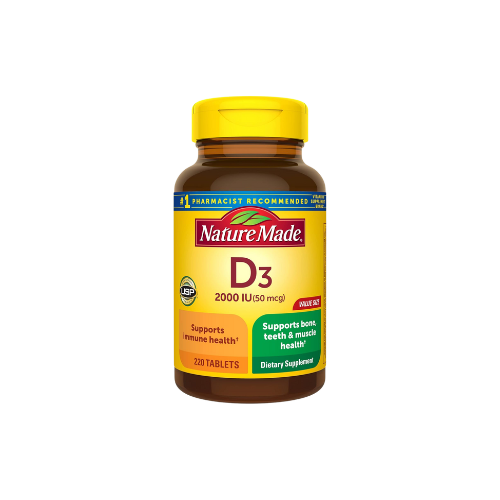
Pros: Affordable, high-potency (2,000 IU), easy-to-find.
Cons: Large pills may be hard to swallow.
Why It Stands Out: A budget-friendly D3 option with solid user reviews for boosting energy and bone health.
Pure Encapsulations Magnesium
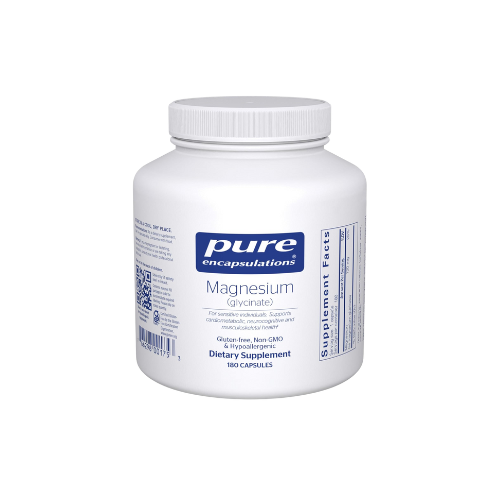
Pros: Vegan, allergen-free, highly absorbable glycinate form.
Cons: Higher price point.
Why It Stands Out: Trusted for purity and effectiveness, ideal for those with dietary restrictions.
NOW Soy Isoflavone
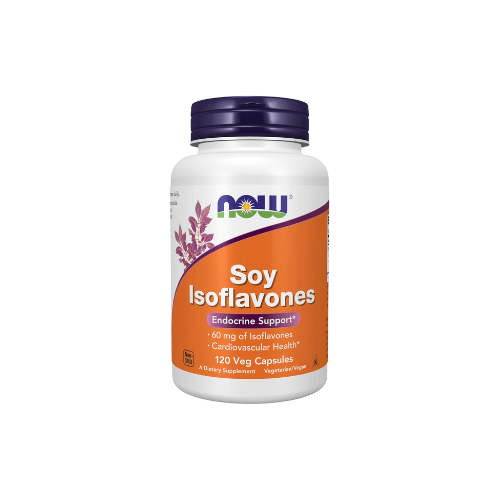
Pros: Supports menopause symptoms, non-GMO.
Cons: Large capsules, limited long-term safety data.
Why It Stands Out: A plant-based option for women seeking estrogen-like bone support.
Theralogix TheraCal Bone Health D4000
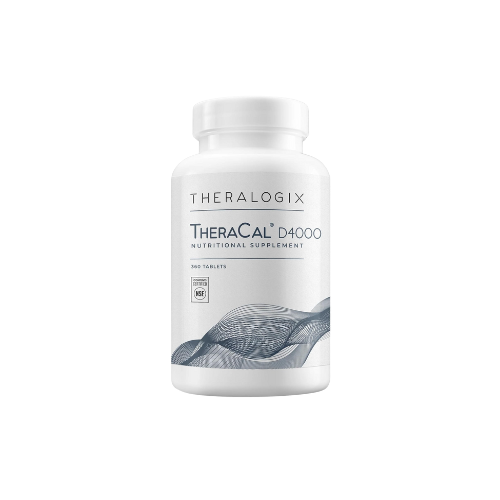
Pros: Comprehensive (calcium citrate, D3, K2, magnesium, boron), NSF-certified.
Cons: Requires four tablets daily.
Why It Stands Out: Physician-recommended, with rave reviews for improving bone density.
Thorne Research Zinc Picolinate
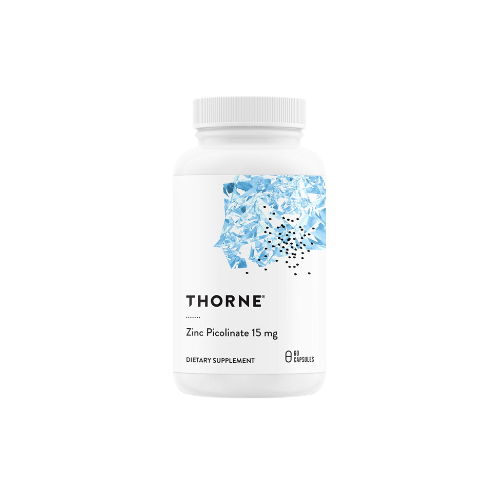
Pros: NSF-certified, clean ingredients, supports multiple health benefits.
Cons: Not a complete bone health formula.
Why It Stands Out: High-quality zinc for targeted bone and immune support.
A Comparison Table of the Top 5 Bone Health Supplements
| Supplement | Key Nutrients | Form | Dose | Price (Approx.) | Best For |
|---|---|---|---|---|---|
| Nature Made Vitamin D3 | Vitamin D3 (2,000 IU) | Softgel | 1/day | $21/100 count | Budget-conscious |
| Pure Encapsulations Magnesium | Magnesium Glycinate (120 mg) | Capsule | 1–4/day | $45/180 count | Vegan, sensitive stomachs |
| NOW Soy Isoflavone | Soy Isoflavones (60 mg) | Capsule | 1–2/day | $20/60 count | Menopause support |
| Theralogix TheraCal D4000 | Calcium, D3, K2, Magnesium, Boron | Tablet | 4/day | $70/360 count | Comprehensive bone health |
| Thorne Zinc Picolinate | Zinc (15–30 mg) | Capsule | 1/day | $15/60 count | Targeted zinc supplementation |
Read: Best Bone Health Supplements in 2025
Frequently Asked Questions
Q: How much calcium do I need daily?
A: Most adults need 1,000–1,200 mg, but check with your doctor, as needs vary by age and gender.
Q: Can I take all these nutrients together?
A: Yes, many work synergistically, but avoid mega-doses. Spread out calcium and magnesium to prevent absorption issues.
Q: Are bone supplements safe long-term?
A: Generally, yes, but stick to recommended doses and consult a doctor, especially if you’re on medications like bisphosphonates.
Final Thoughts For You
Strong bones are your foundation for an active, independent life. By prioritizing these eight nutrients—vitamin D3, calcium, vitamin K2, magnesium, zinc, boron, soy isoflavones, and omega-3s—you can slow bone loss and reduce fracture risk. Pair supplements with a balanced diet, weight-bearing exercise, and regular check-ups for the best results. Theralogix TheraCal D4000 is our top pick for its all-in-one formula, but any of the reviewed supplements can fit your needs based on budget and preferences.
Get Our Newsletter
Stay updated on the latest health tips and supplement reviews by subscribing to our newsletter!
Grab Your Health Guide
Download our free 2025 Health Guide for expert advice on building stronger bones and a healthier you!mational purposes and not a substitute for medical advice.
